- Overview
- MASLD and MASH
- Tests & Diagnosis
- Treatment and Prevention
- Complications
- Appointment Prep
- View Full Guide
Best and Worst Drinks When You Have Fatty Liver


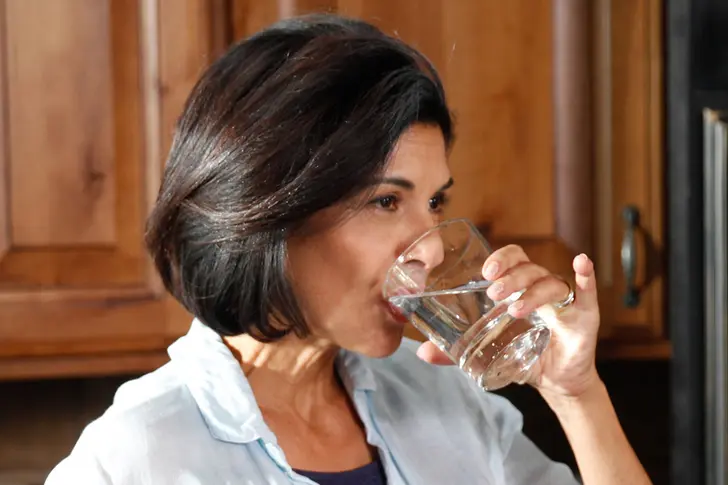
What to Drink With Fatty Liver
It’s not just the foods you eat but also the beverages you drink that can affect fatty liver, also known as metabolic dysfunction-associated steatotic liver disease (MASLD). Many drinks can boost liver health while others speed up the damage when fat builds up in the liver. A key diet culprit is sweetened beverages, especially high-calorie ones with fructose. The sugar is so easily taken up by the liver and turned to fat. But there are many healthful drinks you can choose from instead.
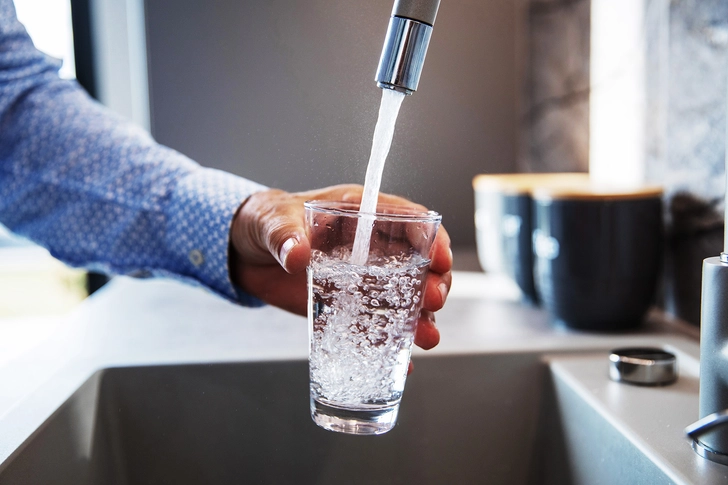
Water: Drink Up
Getting plenty of water is a must to help your liver (and your entire body) work at peak performance. That’s because water helps regulate all the components of your metabolism. One research analysis found that drinking plenty of water is linked to a lower risk of death from all causes in people with MASLD. Make staying hydrated tastier by flavoring water with slices of citrus fruit or cucumber or a few berries. Not a huge fan of tap? Try seltzer for a fun fizz.
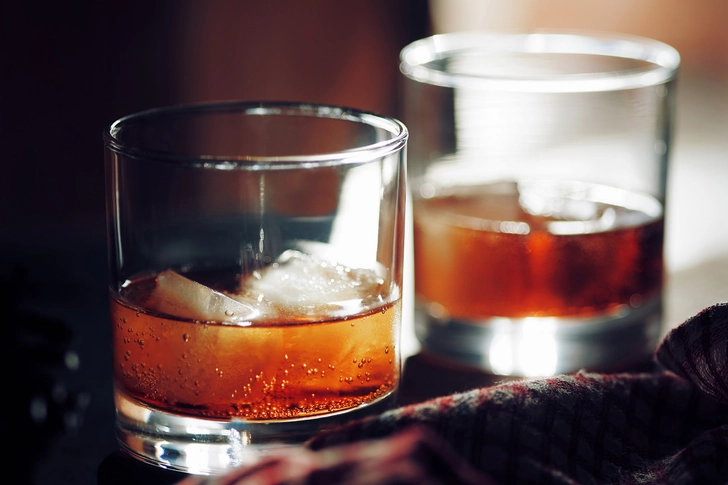
Alcoholic Beverages: Just Say No
Even though MASLD is not caused by drinking alcohol, all types of alcohol — whether wine, beer, hard liquor, or alcohol-infused carbonated drinks — can make it worse. Also, research suggests there’s no serving size that’s guaranteed to be safe. In fact, even small amounts can speed up liver damage and its progression to advanced stages. This is because of the many pathways alcohol negatively influences from metabolism to the immune system.
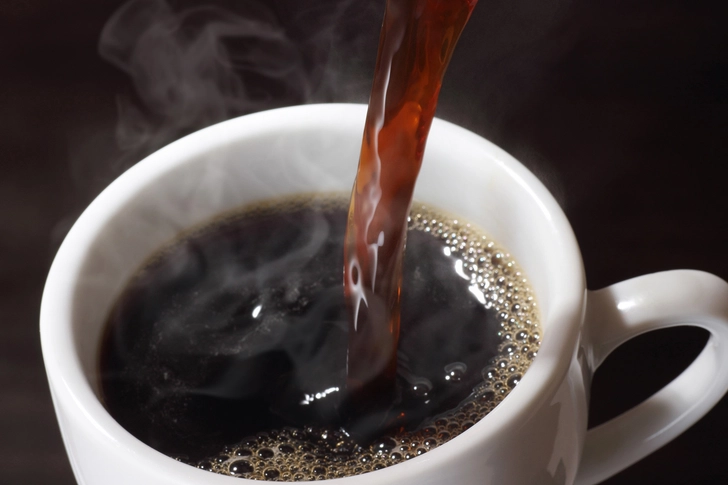
Coffee: Count on It to Help
According to research on coffee and liver disease, drinking between two and three cups a day cuts the risk for scarring when you have fatty liver. And it doesn’t matter how the coffee was brewed or even if it’s instant. However, the protective effects, which come from caffeine, are strongest with black coffee. Since caffeine affects everyone differently, talk to your doctor before starting or increasing a coffee habit.

Soda: Drop It
Whether your soda is sweetened with high-fructose corn syrup, cane sugar (a mix of fructose and glucose), or any other added sugars, these drinks can both cause and worsen fatty liver. Because the liver metabolizes sugar quickly, drinking soda results in more fatty deposits and leads to insulin resistance and liver scarring. Sugary drinks are also a major cause of overweight, a contributor to MASLD.

Diet Soda: It’s No Bargain
As for diet sodas, their artificial sweeteners along with preservatives, flavor enhancers, and dyes upset gut bacteria, triggering inflammation and leaving the liver less able to do its job. Surprisingly, drinks with the artificial sweetener sucralose (Splenda) may leave you hungry because they change the way your brain interprets sweet taste. That makes it hard to lose weight, an important part of a MASLD management plan.
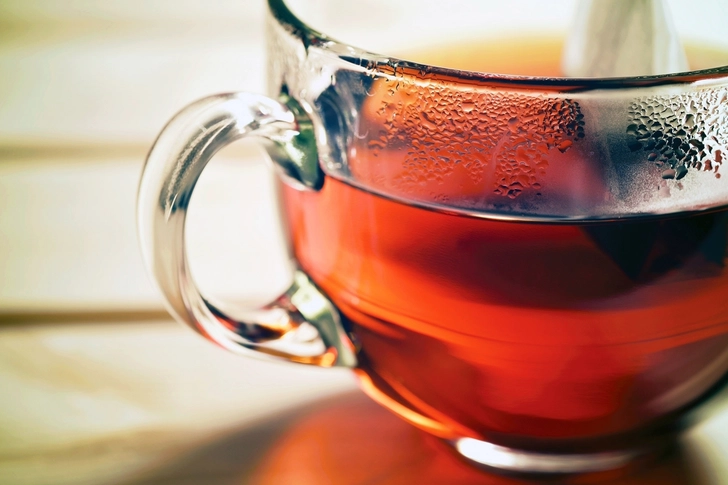
Caffeinated Tea: The Verdict Looks Promising
Tea’s health benefits come from its anti-inflammatory and antioxidant phytonutrients. By comparing groups of tea drinkers and non-tea drinkers, one study found that caffeinated black tea may slow MASLD progression. Other research suggests that drinking between two and four cups of tea a day can boost liver health. But cup for cup, tea has about half the caffeine of coffee, and the exact amount to drink isn’t completely clear, including for green tea.
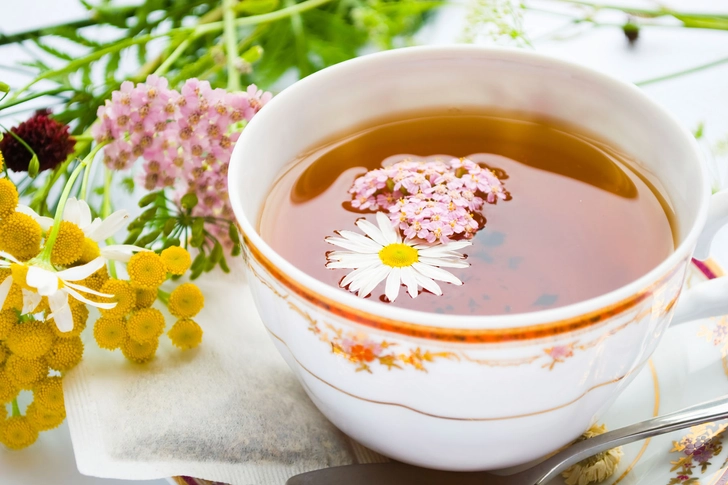
Herbal Tea: The Jury Is Out
You might like herbal tea for the taste or to cut back on caffeine midday, but there are concerns about them and even more so for herbal supplements that promise to detox the liver. Ironically, some herbal teas, like kava-kava and valerian, may cause liver toxicity, hepatitis, and even liver failure, especially when you have MASLD. Avoid using any herbal or medicinal tea before talking to your doctor.
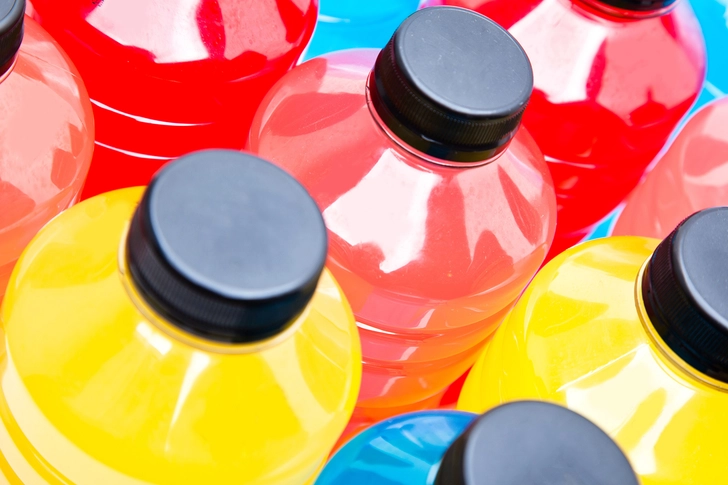
Sugary Drinks: Hardest on Your Liver
There aren’t any positives from sugar-sweetened beverages. This wide category ranges from sweet tea and lemonade to sports beverages and energy drinks. As different as these products are, their effect is the same. Your liver converts the sugars in these drinks to fat, worsening MASLD. Adding insult to injury, they do nothing to quell hunger, leading you to take in more calories and, as a consequence, potentially gain more weight.

Fruit Juices: Limit the Amount
Although 100% fruit juices don’t contain added sugars, they’re still loaded with fructose, and even natural fructose does little to boost liver health. Of course, fruit juices with added sugars can be downright dangerous. It’s too easy to drink oversized amounts rather than the suggested portion size of a half-cup. Get juicy goodness by eating ripe whole fruits — it’s hard to eat too many.
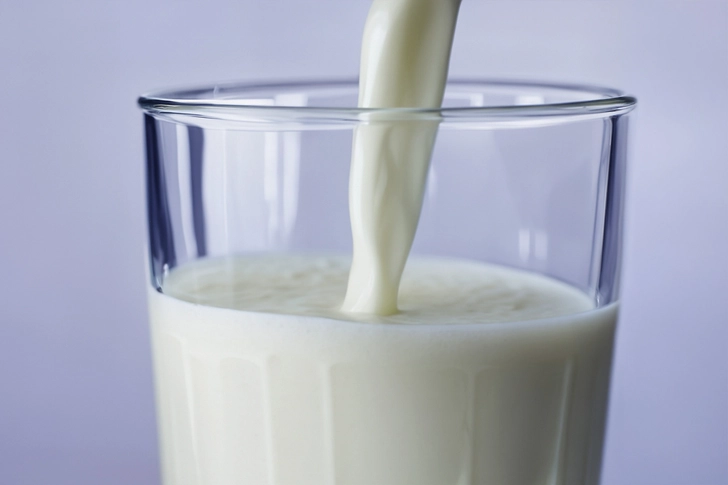
Milk: Fat-Free Is Fine
Full-fat dairy can tax the liver, but drinking fat-free or low-fat milk gives you protein, calcium, and vitamins without all the saturated fat. One study found that milk (and yogurt) can even help people avoid fatty liver. Ask your doctor what’s the right amount of milk for you to have on a daily basis and whether it should be skim, 1%, or 2% fat.

Smoothies: OK When Done Right
Smoothies are a tasty and convenient drinkable breakfast or snack, but they’ll cause more harm than good if loaded with too much fruit, fruit juice, and high-fat ingredients. To avoid sugar overload, use water or milk as the blending liquid and limit yourself to one cup of fruit (frozen chunks make a thicker drink). Add in leafy greens, like a handful of spinach, a few nuts or seeds, and avocado chunks to boost the nutrients and fiber.
IMAGES PROVIDED BY:
- WebMD Ignite
- E+/Getty Images
- Moment/Getty Images
- Thomas Barwick/Getty Images
- EyeEm/Getty Images
- Photodisc/Thinkstock
- Getty Images
- E+/Getty Images
- E+/Getty Images
- Generative AI by Getty
- E+/Getty Images
SOURCES:
European Journal of Internal Medicine: “Dietary and pharmacological treatment in patients with metabolic-dysfunction associated steatotic liver disease.”
Clinical Nutrition: “Beverages and Non-alcoholic fatty liver disease (NAFLD): Think before you drink.”
British Liver Trust: “Three steps to love your liver,” "Diet and liver disease."
Frontiers in Nutrition: “Association of plain water intake with risk of all-cause and cause-specific mortality in individuals with non-alcoholic fatty liver disease or metabolic dysfunction-associated steatotic liver disease.”
American Liver Foundation: “Tips on How to Take Care of Your Liver.”
World Journal of Hepatology: “Myths and facts about the role of diet in metabolic dysfunction-associated steatotic liver disease.”
Nutrients: “Alcohol Consumption and Liver Metabolism in the Era of MASLD: Integrating Nutritional and Pathophysiological Insights,” Fructose consumption, lipogenesis, and non-alcoholic fatty liver disease," "Dietary strategies to modulate gut microbiota in metabolic dysfunction-associated steatotic liver disease (MASLD)."
Cell and Bioscience: “Special correlation between diet and MASLD: positive or negative?"
Harvard Health: “Preventable liver disease is rising: What you eat — and avoid — counts.”
Nature Metabolism: “Non-caloric sweetener effects on brain appetite regulation in individuals across varying body weights."
British Journal of Nutrition: “Association between dietary tea consumption and non-alcoholic fatty liver disease: a study based on Mendelian randomisation and National Health and Nutrition Examination Survey (2005-2018) association between tea and non-alcoholic fatty liver disease.”
Frontiers in Pharmacology: “Caffeine in liver diseases: Pharmacology and toxicology.”
GastroHep: “Green tea consumption is increasing but there are significant hepatic side effects.”
Journal of Hepatology: “Herbal tea consumption and the liver – All is not what it seems!”
Baylor Medicine: “Non-alcoholic fatty liver disease: A guide to what and how to eat.”
American Heart Association: “Fruits and vegetables serving sizes infographic.”
Liver Foundation (Australia): “Your doctor says you have fatty liver disease. Now what?”
Nutrition, Metabolism and Cardiovascular Diseases: "Dairy product consumption and risk of non-alcoholic fatty liver disease: A systematic review and meta-analysis of observational studies."